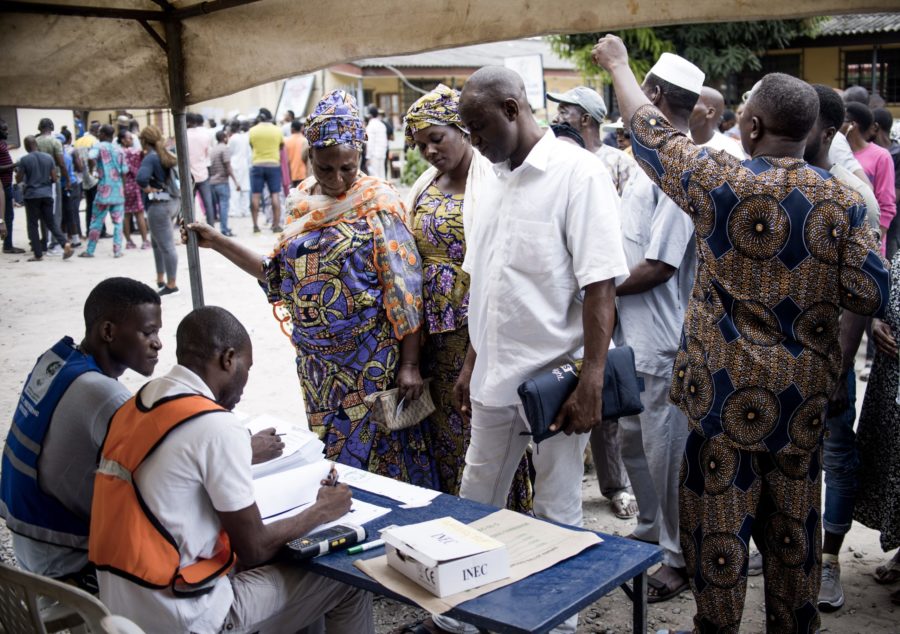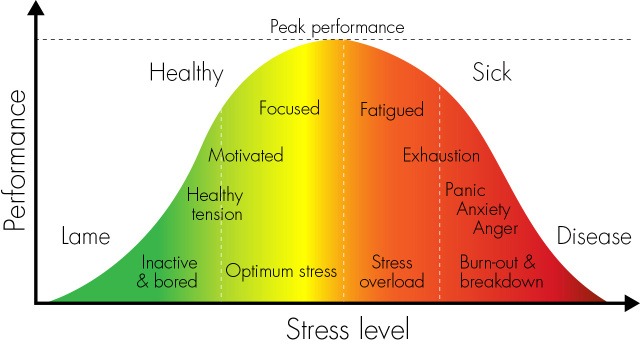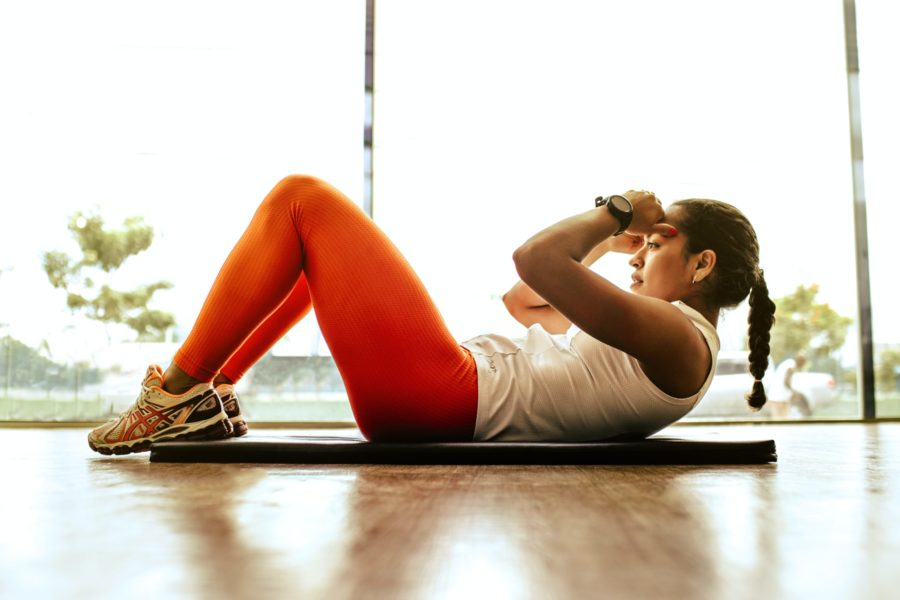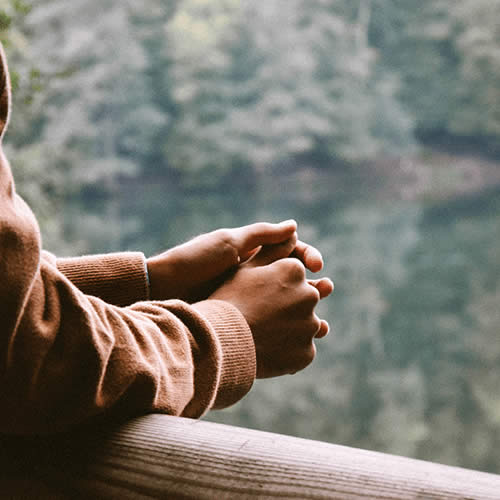Counsellor Q&A: Wellbeing in the Humanitarian Sector
Karen Abbs is the wellbeing and resilience lead and a counsellor at Open Briefing, the organisation that provides counselling support to CTG consultants for CTG Wellbeing. Karen has been a practising therapist specialising in trauma for 20 years, and has worked in the humanitarian sector for more than a decade.

In your years of experience in the humanitarian sector, have you seen resistance in humanitarians accepting help?
It’s definitely changed. I first started doing humanitarian work about 15 years ago, and at the time you were just expected to get on with it and look after yourself. These days, organisations have really started to realise the impact of humanitarian work, the stress that some people suffer, the long hours, the difficult conditions and stories you’re dealing with, and how it puts an incredible amount of pressure on people. People are more willing to have the conversation, to connect with a counsellor; they are more open to accepting help. They realise that if they want to do this job for the long-term they have to look after themselves.
Where do you think the resistance stems from?
I think it’s the feeling of: “The people I’m helping have it worse than me, I shouldn’t be worried about myself.” Humanitarians often put others’ needs first and maybe don’t realise that they need some help too. Sometimes people also tell themselves, “I should be tough enough to do this work, I don’t need help.” That mindset is changing, especially with the COVID-19 pandemic. The UN is also pushing for mental health awareness, and the conversation is changing globally. People are less resistant to seek help from counsellors, realising that if you’re not in a good mental state you can’t do your job well.
When is a good time to reach out to a counsellor for help?
We categorise it using a stress graph. At the beginning of the stress graph it’s green, that’s when you’re feeling really well and healthy, and you’re able to look after yourself. Then it goes into amber, which is like that early weather warning sign. It’s when your stress is starting to build. Our stress markers are all different for each of us. Some people get headaches, stomach aches, or trouble sleeping – so that’s when the stress starts to build. The red zone is really where you start to get burnt out. People start to seek help when they’re spending more and more time in that amber zone, they notice a lot of stress reactions in their bodies and can feel a physical difference. This is the time to pay attention to your body, figure out how to build resilience and get back to the green zone. Meeting with a counsellor is a good place to start.

Image source: https://drandreadinardo.com/2016/10/05/whats-your-stress-threshold/
What many people do is they push themselves; they work 16 to 17 hours a day, pushing themselves to the point of burnout. It’s a vicious cycle: overworking, taking a small break just to reenergise and then pushing yourself again. What we hope is that people catch that stress earlier, talk to a specialist who can help to understand what is driving that stress and then focus on building those resilience skills so that you can be well and healthy in the long-term rather than having these extreme ups and downs.
Do you have any tips to help people cope with feelings of stress and anxiety or uncertainty?
It’s important to map your green zone, find out what helps you cope with certain situations because we all react differently. Whether it’s meditation, going for a small walk outside, doing some light stretching, talking to a friend or listening to music – find out what helps you relax. The one thing that seems to be universal is exercise. Especially now with people being in lockdown because of COVID-19, it’s really important to exercise in the house as much as you can – whether it’s stretching, or jumping around or dancing.

Exercise helps to bring down stress hormones, helps to bring yourself to a place of calm, and essentially improves your sleep patterns. What we’re realising with COVID-19 is that people’s sleep patterns have been greatly impacted. We’re not getting as much stimulation as before and we’re less active, so a lot of us aren’t sleeping well and we’re dreaming a lot – and the reason is that we’re waking up frequently in the night, just enough to be able to remember those dreams, and then we wake up in the morning feeling really exhausted. If this is happening to you I would recommend doing some exercise every day.
Why is mental health important?
If this is a career people want to do for the long-term, mental health is just as important as physical health. Finding a coping strategy will also help people to sustain energy, and feel happy and healthy within their mind and their body.
It’s important to figure out coping strategies in order to do humanitarian work because it does require resilience.
Since COVID-19, there are some common health impacts that people haven’t experienced before, or at least not on such a scale. Our subconscious is working hard dealing with all these new feelings and situations, and it’s leading to feelings of:
- Extreme tiredness
- Lack of concentration
- Feeling unmotivated and unproductive
- Feeling anxious and worried about health and economic impacts
If you’re feeling overwhelmed by any of these feelings, reach out to our wellness support. CTG Wellbeing is completely confidential and it’s free. It’s a great opportunity to talk to a specialist counsellor and improve or manage your mental wellbeing during these stressful times.
If you work for CTG and would like to book a session with a counsellor, email ctgwellbeing@openbriefing.org


